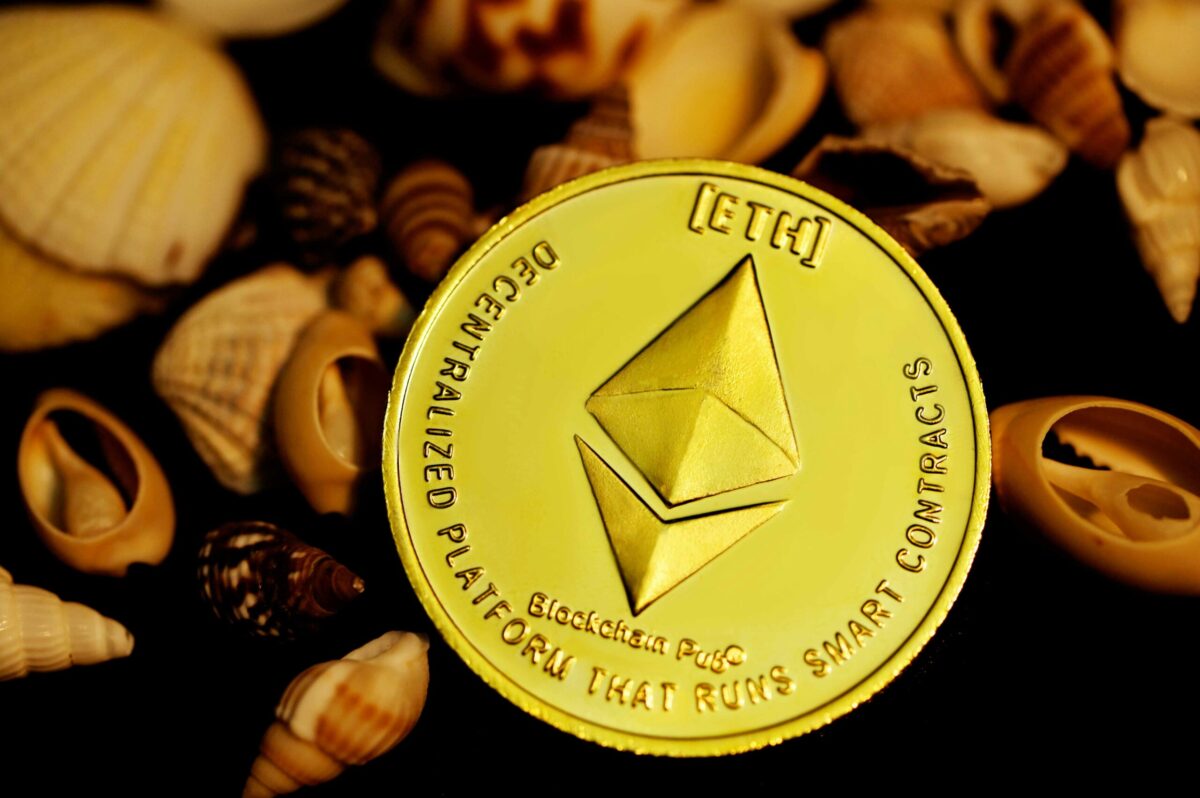The iris biometric cryptocurrency project Worldcoin has decided to pull back one of its key services in three markets: Brazil, France and India.
Users in these countries will no longer be offered the eye-scanning function that uses real-world physical orbs to collect retina data in exchange for crypto.
As per reports, Worldcoin’s parent company, Tools for Humanity, said in a statement that it had expanded the Orb to many markets this year, but only for a “limited time access”.
According to Moneycontrol, the eye-scanning process had attracted a huge number of people to get registered and earn free Worldcoin ($WLD) tokens, especially in India.
Despite this, the cryptocurrency project “silently discontinued” the verification process in the country some “3-4 months ago”.
Co-founded and launched by OpenAI founder Sam Altman, Worldcoin seeks to solve income inequality and online identity authentication in light of the rising popularity of artificial intelligence (AI) technologies.
The infamous Orbs were introduced to scan individuals’ eyeballs to verify their identities. When this ‘World ID’ project was released in July, it witnessed a record sign-up of over two million.
‘Questionable’ in the eyes of regulators
Despite the immense popularity surrounding the project, Worldcoin’s verification process placed it in the hot seat in many countries.
Regulatory watchdogs have expressed their doubts and scepticism regarding the gathering of private data through the iris scan.
Soon after the launch, the UK’s data regulator, the Information Commissions Office (ICO), made enquiries into the project, threatening investigations.
A spokesperson for the ICO revealed that organisations “….need to have a clear lawful basis to process personal data. Where they are relying on consent, this needs to be freely given and capable of being withdrawn without detriment.”
This was followed by the French privacy watchdog CNIL reportedly calling the legality of Worldcoin’s biometric data collection “questionable”.
The Kenyan government suspended all Worldcoin operations in the country as it investigated concerns over its data usage. It also formed a parliamentary committee to investigate the project and its assets.
Worldcoin has come to face issues in the US as well. While its token is available in 35 cities across 20 countries, it was not given the green light in the North American country.
Talking about the regulatory pushback that it received in the US, Altman told the Financial Times: “When we started thinking about this, we didn’t think it would end up as ‘world minus the US coin’, and here we are. I’d say there’s 95 per cent of the world’s population not in the US. The US does not make or break a project like this.”
However, despite the ethical concerns, rising demand continued in other countries. In Argentina, the frenzy drove Worldcoin to a single-day sign-up record, with nearly 10,000 Argentinians registering in less than 24 hours.
A continued expansion
Despite the recent pullback in the three countries, Worldcoin will reportedly continue onboarding people, like in India.
According to TechCrunch, the project remains committed to “working with partners globally to ensure it meets regulatory requirements and provides a safe, secure, and transparent service for verified humans”.
Developed by San Francisco- and Berlin-based Tools for Humanity, the startup is known for being founded by OpenAI chief executive Sam Altman along with Max Novendstern and Alex Blania in 2019.
It has raised about $250 million altogether and boasts having Andreessen Horowitz, Khosla Ventures and Reid Hoffman as its backers.


